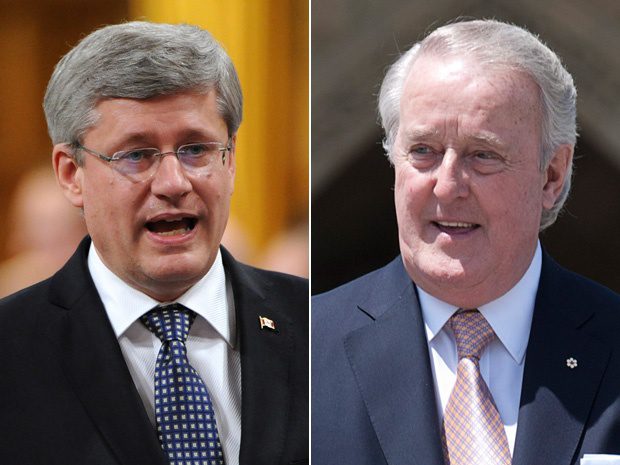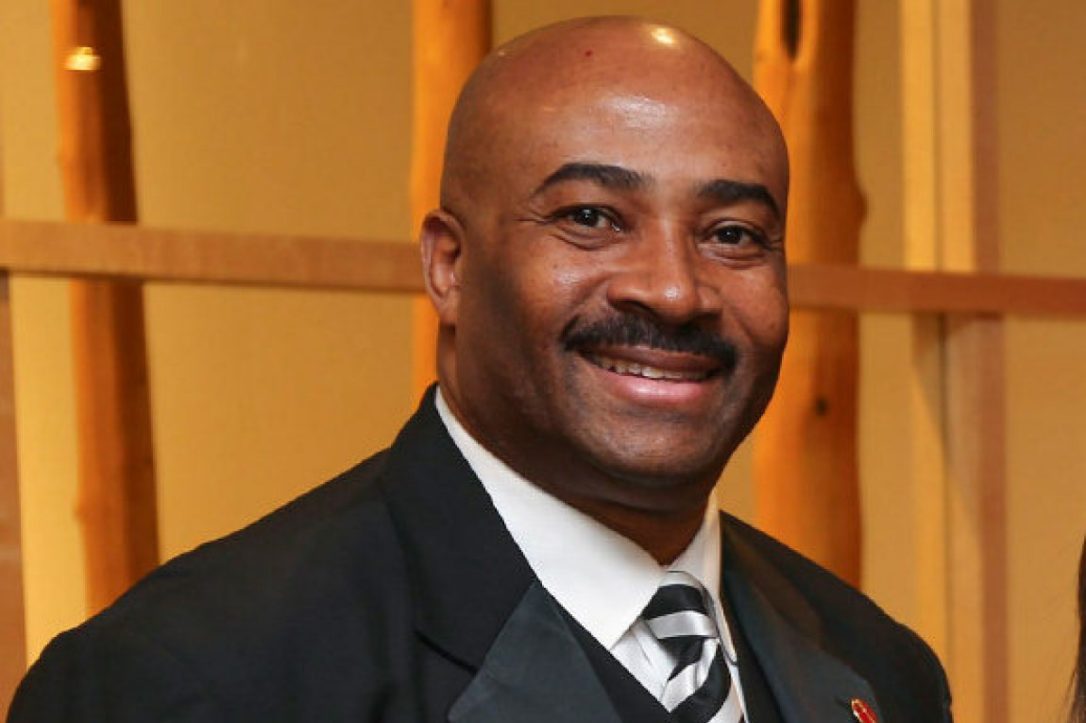If the next Conservative Party of Canada leader doesn't maintain and build on the Mulroney-Harper legacy, he or she is doomed to failure
TORONTO, Ont. /Troy Media/ The Conservative leadership race was thrown for a loop last week. Businessman and media gadfly Kevin O'Leary unexpectedly dropped out and endorsed former cabinet minister Maxime Bernier.
Truth be told, he abandoned his campaign for an odd reason: a lack of support in Quebec.
The next federal election is two years away, which would have provided O'Leary with ample time to sell his political message and improve his polling numbers.
Quebec also hasn't been a major factor for several elections and right-leaning parties rarely do well there.
Plus, the Tories have figured out how to win without Quebec. The party formed two minority governments, and one majority government, with only 10 seats (2006), 10 seats (2008) and five seats (2011) in la belle province.
No matter the reason, O'Leary is gone and a more conventional candidate will be chosen.
Bernier, a Tory with libertarian leanings, is in the best position to win on May 27. Several consensus candidates, including Andrew Scheer, Lisa Raitt and Erin O'Toole, have a good chance of moving up the pecking order. And, whether you agree or disagree with Kellie Leitch, she shouldn't be discounted.
Political insiders often state that the party membership will ultimately coalesce around a new leader after a long, difficult campaign. That's the way it used to be. Today's grassroots members and establishment figures are more fickle. They don't always stick around if their chosen candidate doesn't win and will abandon ship if they don't like a new leader.
O'Leary could have seriously divided the Tories. Leitch could have a similar effect on party loyalty. Even the consensus candidates could ultimately turn off party supporters.
No matter who wins, he or she will have to ensure the philosophies and ideas of two former Tory prime ministers, Brian Mulroney and Stephen Harper, stay intact.
Mulroney is a friendly and gregarious person. He enjoys meeting people, making small talk, and sharing stories about friends and colleagues. He's a throwback to an era when politicians were human rolodexes who remembered names, dates and previous meetings with lightning speed.
This likely helped build his unique relationships with Prime Minister Justin Trudeau and U.S. President Donald Trump.
The former recently invited him to speak to the Liberal government about North American Free Trade Agreement and Canada-U.S. relations. The meeting "was serious and substantive," he wrote in an email, and they examined "strategic tactics and approaches that might be helpful as Canada prepares for a new round of discussions."
The latter likely respects the fact that he's a dealmaker in politics, rather than business. For instance, Mulroney opted to "roll all the dice" (a phrase he later regretted) during the 1987 constitutional crisis, and ran an all-or-nothing campaign strategy during the 1988 federal election to get the original Free Trade Agreement with the U.S. signed.
Harper is a different person and a different political animal.
He's more of an introvert than extrovert. He prefers intellectual conversation over small talk. He's not a bombastic character or public speaker/storyteller. He built a public image of someone who is strong, confident and no-nonsense.
While his leadership was divisive at times, Harper worked hard and refused to accept being second-best in any capacity.
He constantly thought about strategic communications, public relations and political tactics. His focus was on reducing the size of government, trimming the bureaucratic fat, lowering tax rates, introducing targeted tax credits, and transforming Canada into a leader on the international stage.
Mulroney and Harper's personalities and leadership styles don't necessarily complement each other. Yet they both wanted Canada to be more than just a mere middle power and both believed this country could accomplish great things.
On many levels, they both succeeded.
The next Tory leader will establish his or her own political brand in short order. That's to be expected. Regardless, the Mulroney-Harper line of leadership must be maintained or else the political coalition will collapse in due course.
Troy Media columnist and political commentator Michael Taube was a speechwriter for former prime minister Stephen Harper.
© 2017 Distributed by Troy Media








